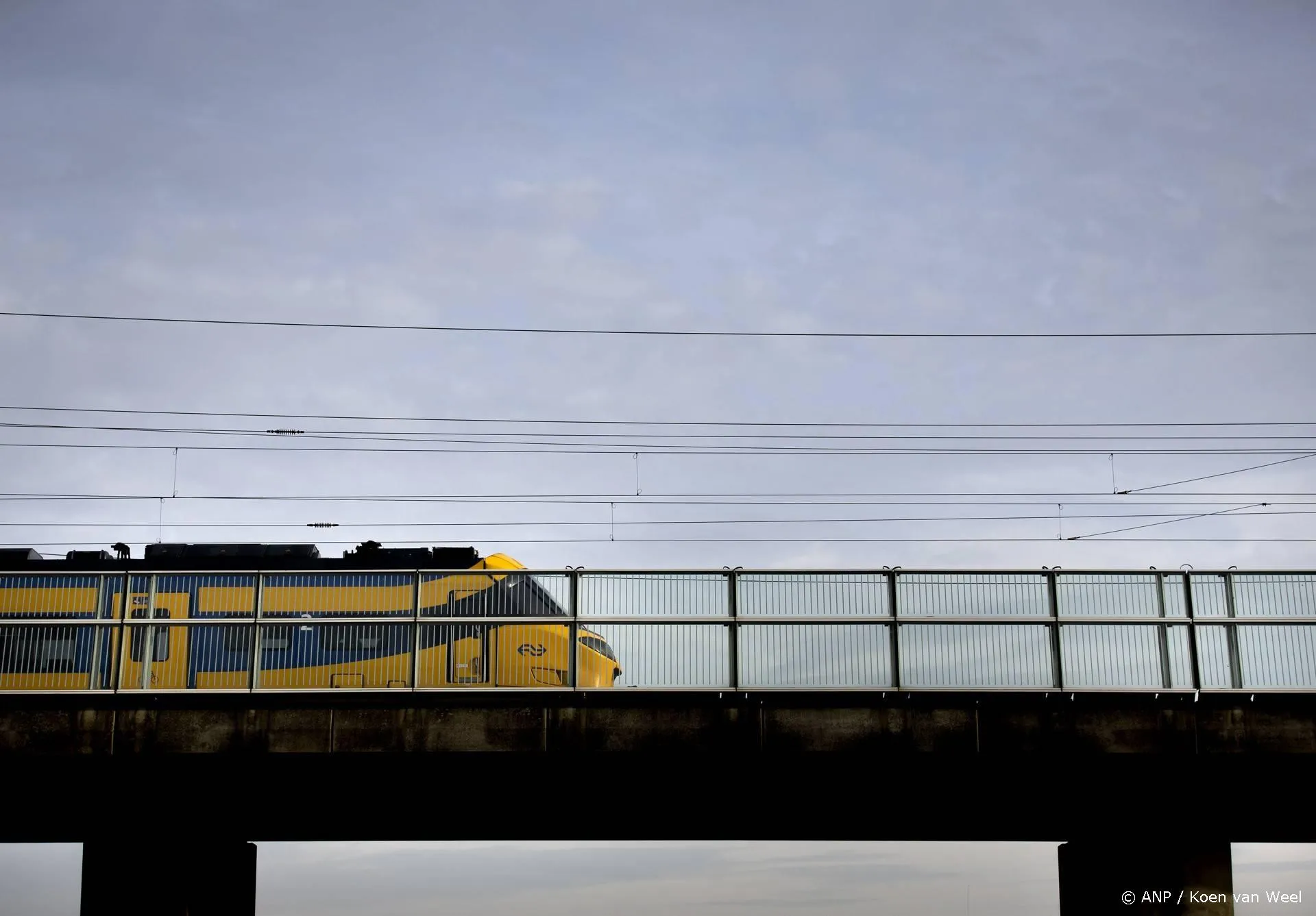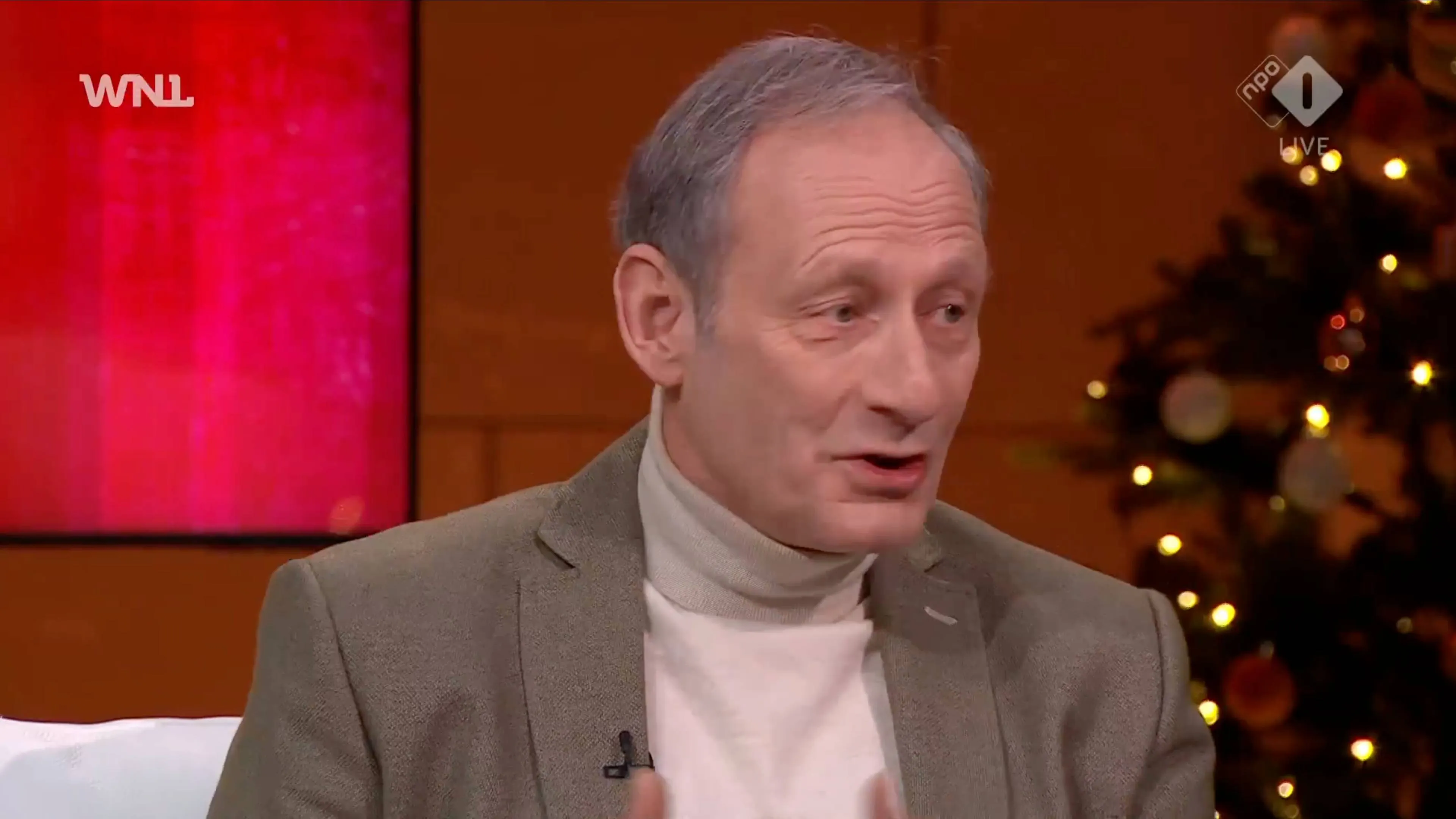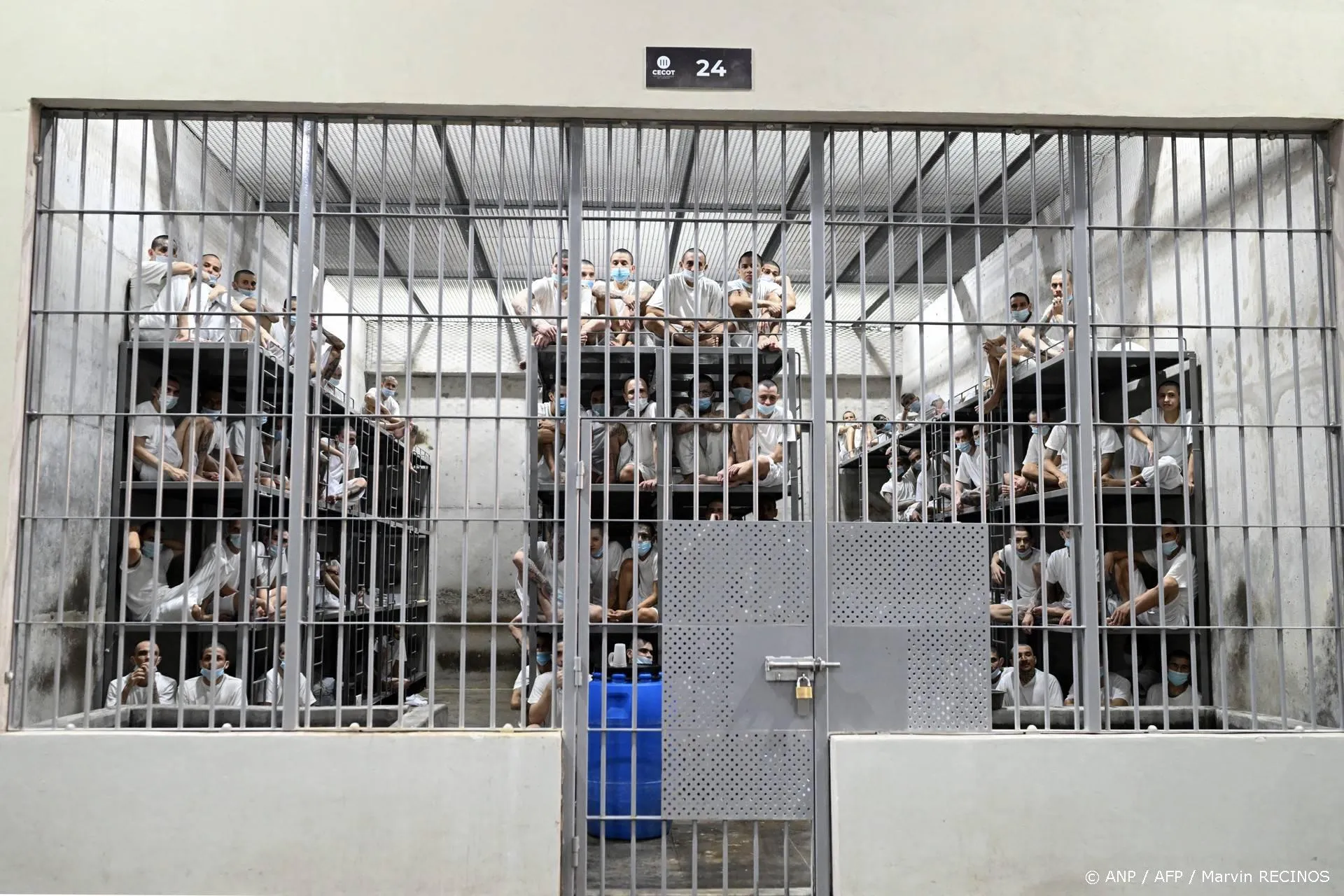Nieuw wetenschappelijk tijdschrift van uitgeverij 'Copernicus' opgeheven vóór verschijnen speciaal nummer
Kan het nog gekker?
Verschillende websites maakten melding van het feit dat het nieuwe wetenschappelijke tijdschrift 'Pattern Recognition in Physics' van de uitgeverij 'Copernicus' is opgeheven nog voordat een speciaal nummer kon verschijnen. Wat was er aan de hand?
De uitgever lichtte zijn besluit als volgt toe:
Termination of the journal Pattern Recognition in Physics
Copernicus Publications started publishing the journal Pattern Recognition in Physics (PRP) in March 2013. The journal idea was brought to Copernicus' attention and was taken rather critically in the beginning, since the designated Editors-in-Chief were mentioned in the context of the debates of climate skeptics. However, the initiators asserted that the aim of the journal was to publish articles about patterns recognized in the full spectrum of physical disciplines rather than to focus on climate-research-related topics.
Recently, a special issue was compiled entitled "Pattern in solar variability, their planetary origin and terrestrial impacts". Besides papers dealing with the observed patterns in the heliosphere, the special issue editors ultimately submitted their conclusions in which they doubt the continued, even accelerated, warming as claimed by the IPCC project (Pattern Recogn. Phys., 1, 205206, 2013).
Copernicus Publications published the work and other special issue papers to provide the spectrum of the related papers to the scientists for their individual judgment. Following best practice in scholarly publishing, published articles cannot be removed afterwards.
In addition, the editors selected the referees on a nepotistic basis, which we regard as malpractice in scientific publishing and not in accordance with our publication ethics we expect to be followed by the editors.
Therefore, we at Copernicus Publications wish to distance ourselves from the apparent misuse of the originally agreed aims & scope of the journal as well as the malpractice regarding the review process, and decided on 17 January 2014 to cease the publication of PRP. Of course, scientific dispute is controversial and should allow contradictory opinions which can then be discussed within the scientific community. However, the recent developments including the expressed implications (see above) have led us to this drastic decision.
Interested scientists can reach the online library at: www.pattern-recogn-phys.net
Martin Rasmussen
January 2014
January 2014
Tja, de redacteuren hadden natuurlijk ook geen twijfel mogen uitdrukken ten aanzien van het VN klimaatpanel ('doubt the continued, even accelerated, warming as claimed by the IPCC project'), want dat is een onaantastbaar dogma. Bovendien hadden ze volgens Rasmussen de 'referees' op nepotistische basis gekozen. En dat mocht natuurlijk ook niet!
Uiteraard hebben redacteuren en auteurs van PRP krachtig geprotesteerd tegen het besluit van Rasmussen.
Op zijn website heeft Pierre Gosselin twee van hen podium geboden: Nicola Scafetta en NilsAxel Mörner. (Beide auteurs hebben tevens bijgedragen aan het speciale nummer van Energy & Environment, geredigeerd door Arthur Rörsch en wijlen Peter Ziegler. Over dat nummer is geen heisa ontstaan.)
Ik pik een aantal citaten uit de reactie van Scafetta.
By his own words, Rasmussen was alarmed only and exclusively by a single secondary statement in our Conclusion paper (a 2-page article) where the global surface temperature projections of the IPCC for the 21st century were questioned based on our analysis. That single statement was evidently interpreted by Rasmussen as a kind of heresy that required the instantaneous burning of the entire journal without even first inquiring with the accused editors. Very likely Rasmussen overreacted because he ignores similar questioning of the IPCC temperature projections that have recently appeared in numerous scientific papers. Indeed from his statement there is no evidence that he has read any of the papers of the special issue where one finds the arguments which the statement in the Conclusion is based on, and which is supported by numerous references to other works already published in the scientific literature. In fact, the IPCC models have predicted a 2oC/century warming from 2000 to 2014. But this warming never materialized. The scientific community is currently wondering about the causes of the large discrepancy between the climate models and the data. A possibility that we put forth in the special issue is that solar-astronomical effects and natural cyclical variability are currently underestimated by the IPCC models and, because for the next decades the sun is projected to experience low activity, this will likely slow down the warming. When one reads the papers of the special issue, he sees that they shed serious doubts on the issue of a continued or accelerated warming that is claimed by the IPCC project, and would also easily realize that the concept is perfectly consistent with the current scientific knowledge. Rasmussens alarm is incomprehensible.
Over de nepotistische selectie van 'reviewers', ook wel 'pal review' genoemd, schreef hij:
The obligation of an editor, as I understand it, is to select honest referees who can provide a professional scientific review of a paper to prevent that papers containing evident scientific flaws are published. An editor should avoid referees who are not expert in the topic and/or who could fraudulently favor or harm an author. It is evident that simply selecting (as a referee) an expert in a scientific field who might happen to share a similar scientific interest or opinion of an author is not nepotistic malpractice. Would a paper advocating IPCC AGW being reviewed by a scientist who shares the same scientific view be considered nepotistic malpractice by Rasmussen? Moreover, for a special issue on a very narrow scientific topic, when an editor invites a restricted group of experts it may not be unusual to ask authors of other papers of the same issue to serve as referees of a paper of another author. This actually could improve the scientific quality of the special issue because authors would not want to publish their papers in special issues containing evidently flawed papers. The problem that I have with Rasmussens pal-review accusation is that he did not demonstrate that the reviews of the papers of the special issue, as well as of the entire journal were fraudulent, (nor did he demonstrate that editors, referees and authors were blood-relative to each other).
Lees verder hier.
Het is ironisch dat de betrokken uitgeverij naar Nicolaus Copernicus is genoemd. Immers, die was destijds ook slachtoffer van zo'n akkefietje. Hij zal zich ongetwijfeld in zijn graf omdraaien.
Voor mijn eerdere DDSbijdragen zie hier.
Ga verder met lezen
Dit vind je misschien ook leuk
Laat mensen jouw mening weten
Lees ook
Loading


